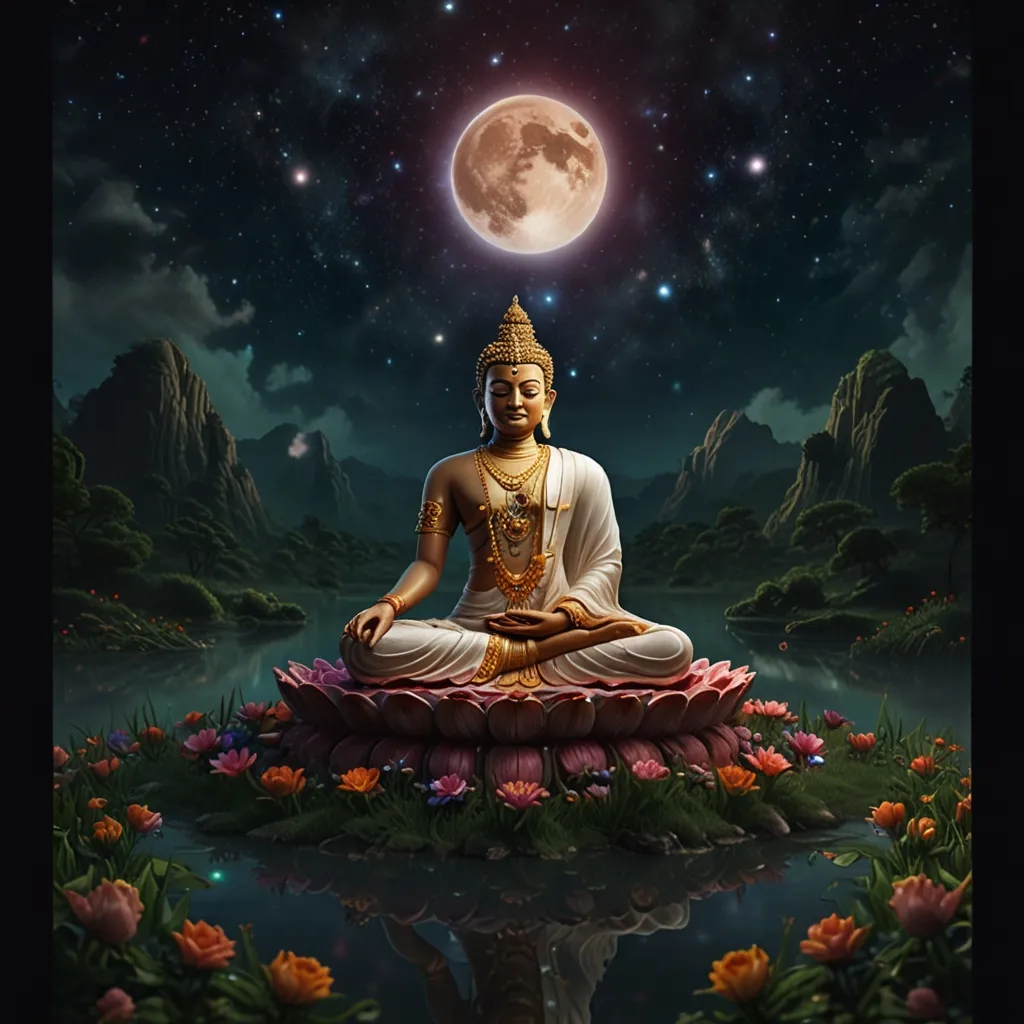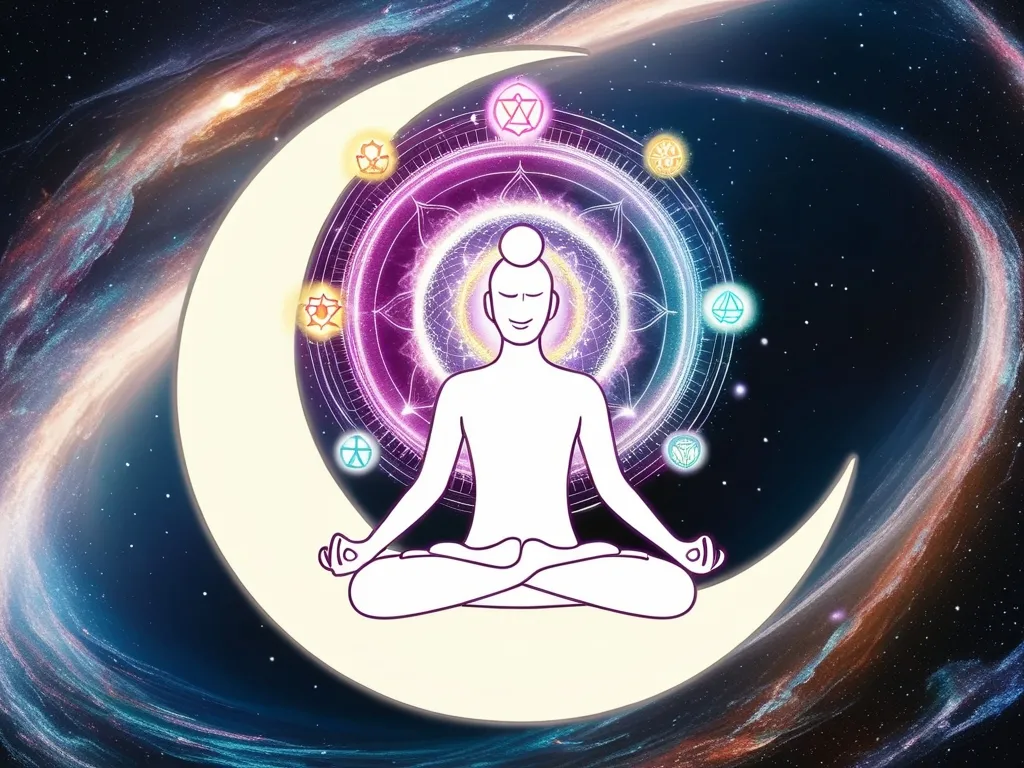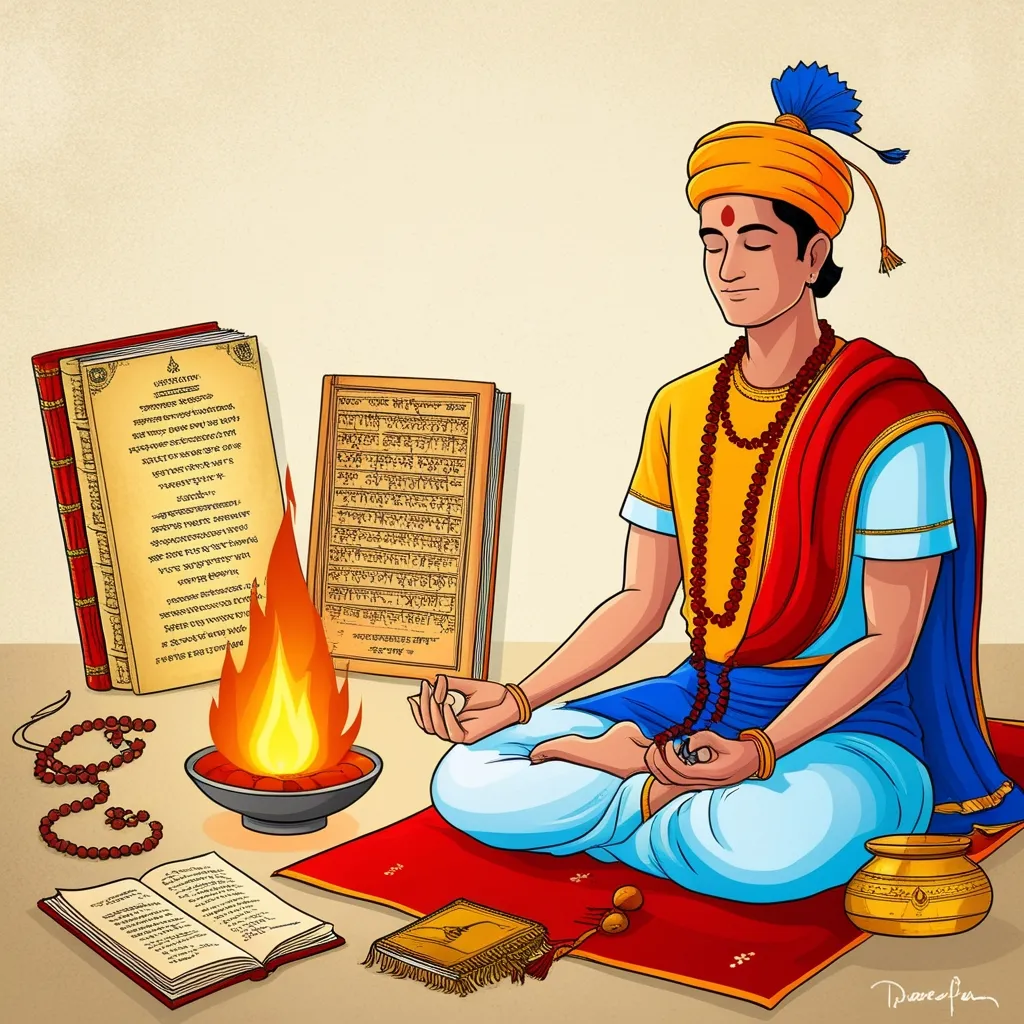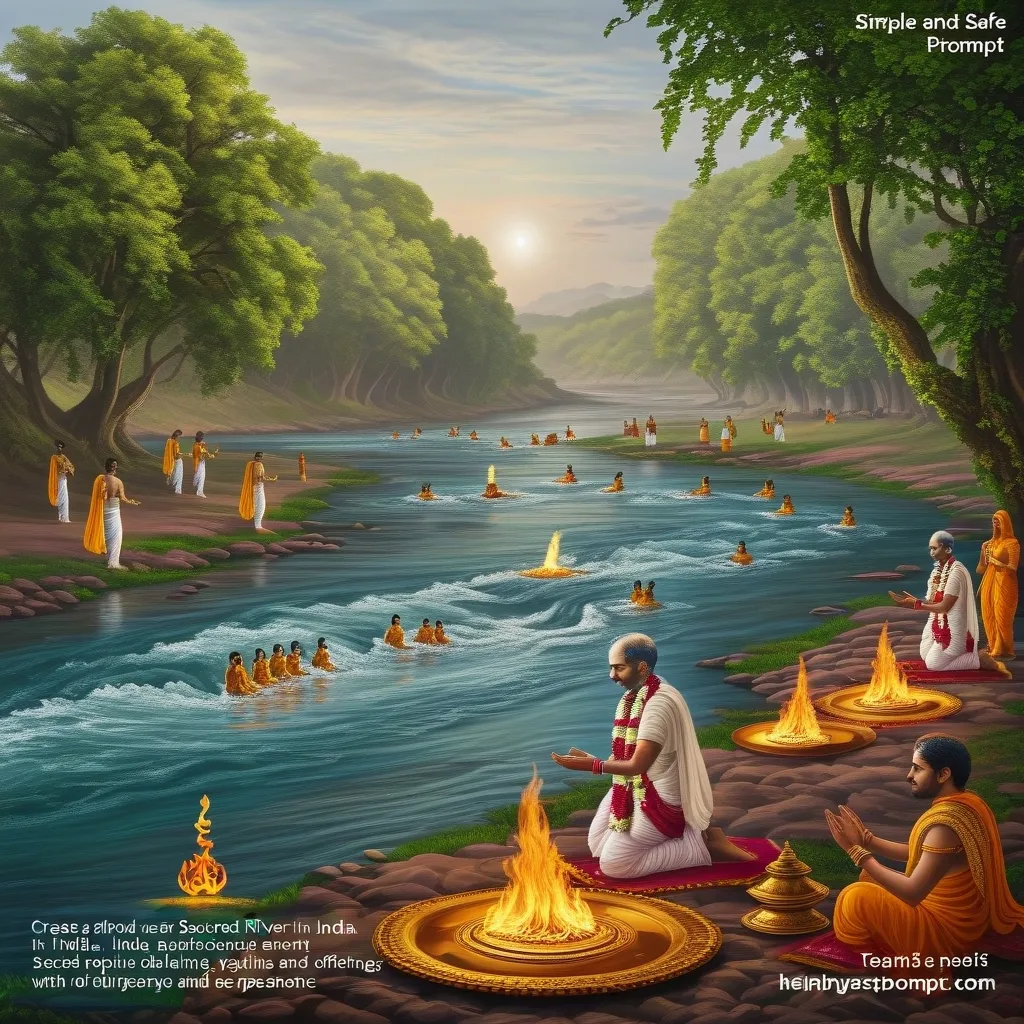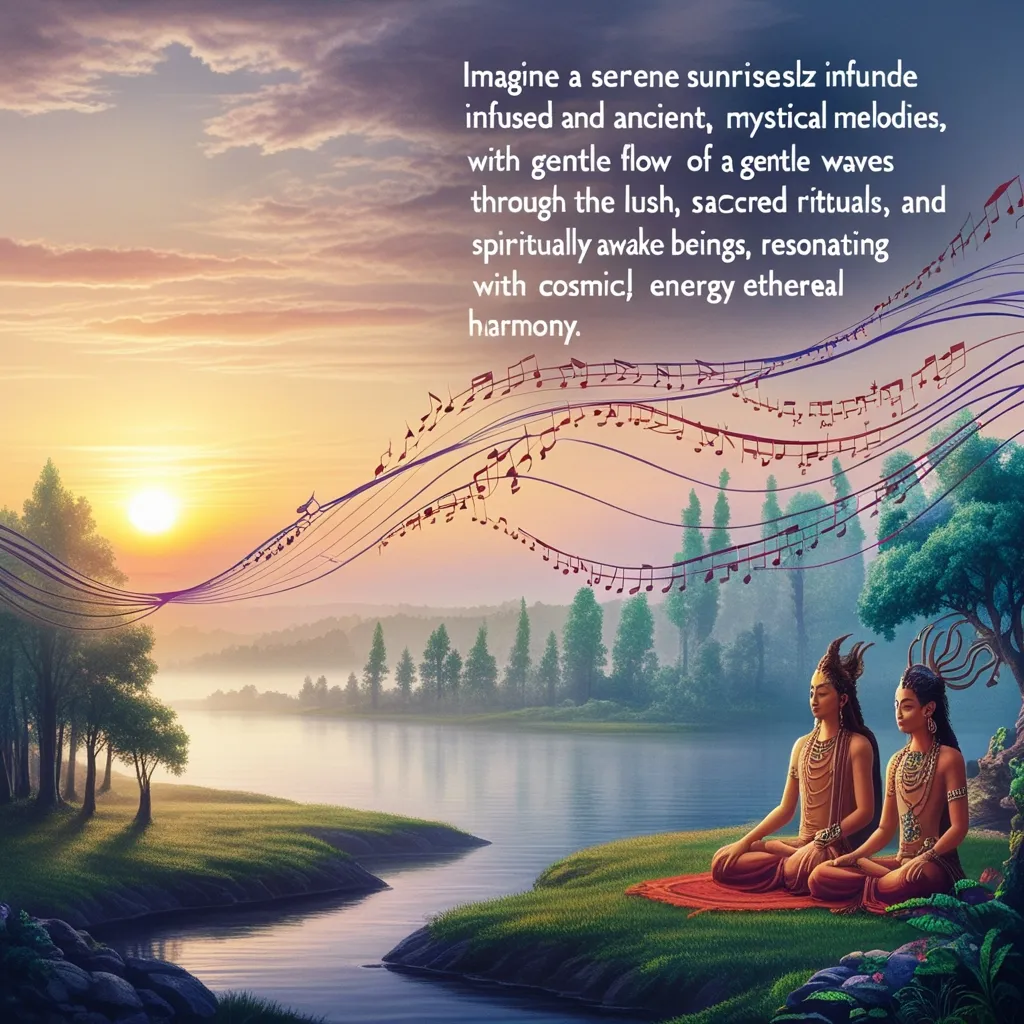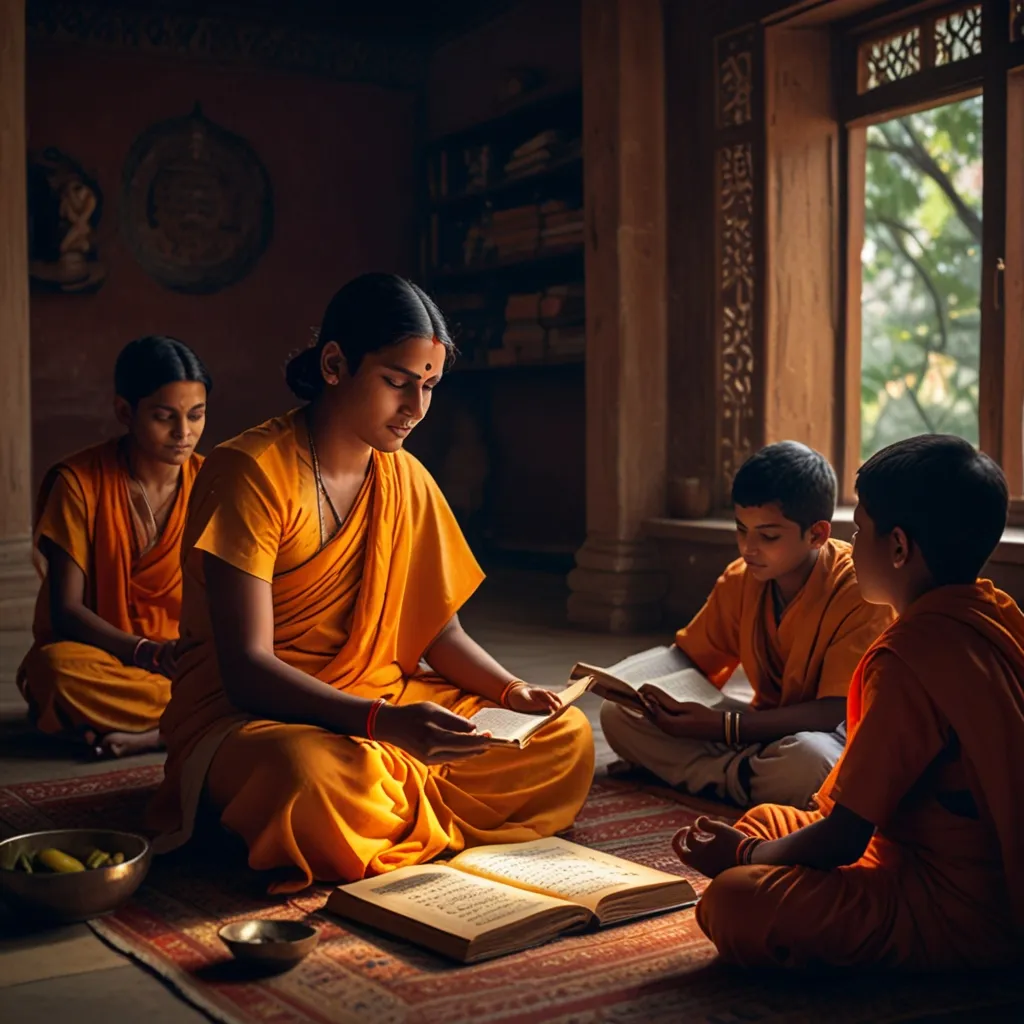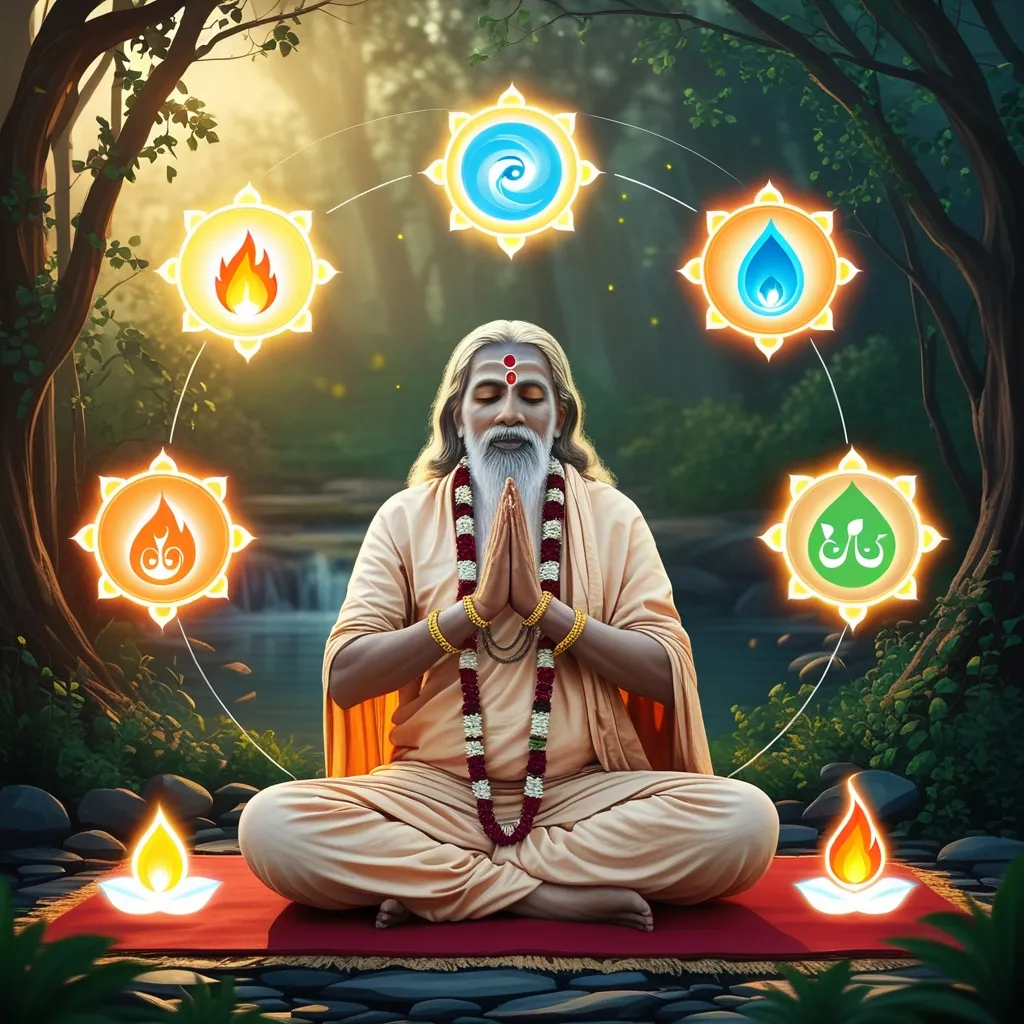In the heart of Hinduism, there are two epic concepts that hold the key to understanding life’s grand cycle: karma and reincarnation. It’s like the ultimate guidebook for navigating existence, where your actions today shape your future lives. These intertwined ideas paint a vivid picture of how every deed carries weight and sets the stage for what comes next.
Karma, in a nutshell, is that famous “what goes around comes around” vibe, but on a cosmic scale. It’s the principle that outlines how every action has a reaction, like some universal laws of motion. Think of it like this: when you do something good, it’s like planting a seed that grows into something beautiful. On the flip side, doing something not-so-great? Well, you can expect a storm cloud or two down the road.
Just imagine hitting a table with your knuckles. The harder you hit, the more it stings. Your actions, and their intensity, determine the reactions you’ll face. It’s not about punishment; it’s about balance, like learning the rhythm of a dance. This principle nudges folks to tread carefully, knowing their steps today echo into tomorrow.
Then there’s reincarnation, the soulful reboot. It’s the idea that the soul doesn’t just evaporate after death; instead, it finds a new home, a new body. This cycle, called samsara, is like a spiritual journey fueled by the karma you’ve built up. Good deeds pump up your spiritual stats, guiding you to better circumstances in the next life, while bad actions mean you might need to retake some lessons.
In this reincarnation maze, your soul can come back as anything – a human, an animal, even that annoying fly buzzing around. The new life you get is stamped by all the karma luggage you’ve been carrying, but your soul’s core remains untouched and eternal.
The whole point of karma and reincarnation isn’t just to create some endless loop of lives. It’s about growth, learning, and eventually breaking free from this cycle. These beliefs give a calm and steady assurance that life is a sprawling journey, not a one-shot deal. Death, then, isn’t a scary full-stop but merely a chapter ending.
Karma isn’t just a solo act either; it operates in large, intricate tapestries. Group karma comes into play, affecting families, communities, even nations. When love and kindness flow, they trigger positive ripple effects that uplift everyone. But when negativity creeps in, it casts shadows far and wide.
Hinduism offers up tools for folks to sort out and soften the karmic knots. Through righteous living (dharma) and spiritual practices (sadhana), you can create positive karma and ease out some of the rougher bits from past lives. A bit like doing a cosmic spring clean. There’s even the rare but fascinating concept of jatismar, the power to remember past lives, usually reserved for those who are deep into their spiritual game.
On every level, karma is like a record of your soul’s journey, stored in a cosmic database called akashic memory. Here, three kinds of karma influence your present life: sanchita (the karma pile from all past lives), prarabdha (the slice you’re dealing with now), and kriyamana (karma from your current actions). Understanding this setup can be like having a roadmap for your spiritual journey, helping navigate through the karma-laden paths.
Ultimately, the grand aim is to transcend this never-ending birth-death-rebirth cycle and achieve liberation, known as moksha. This isn’t just about dodging life’s pains but recognizing your deeper, divine essence. It’s like being in on the big secret: you’re part of something much bigger, much grander.
Even if you aren’t a card-carrying believer in reincarnation, the concepts of karma offer practical wisdom for day-to-day living. They nudge us towards being kind, knowing our actions stack up, influencing not just our lives but the lives of those around us.
In the hustle and bustle of life, these ideas can make us hit pause and think twice. Should I snap at my friend? Should I cut corners at work? The principle of karma whispers, “Hey, think long-term.” This mindset creates a community, a world that’s more harmonious, compassionate, and, overall, just a nicer place to be.
So, while karma and reincarnation sit at the core of Hindu philosophy, offering profound insights into the human condition, they’re also practical beacons guiding us through life’s twists and turns. These concepts aren’t just about understanding what comes next; they’re about shaping the now, ensuring that we live responsibly, compassionately, and with a sense of purpose.
In our journey through life’s unpredictable currents, karma teaches that what we do matters – it echoes, it shapes, and it returns. And reincarnation? Well, it’s the reminder that every ending is just a new beginning in disguise. Even if we’re skeptical, these principles push us to be our better selves, paving the way for not just a more fulfilling life but a kinder world.
